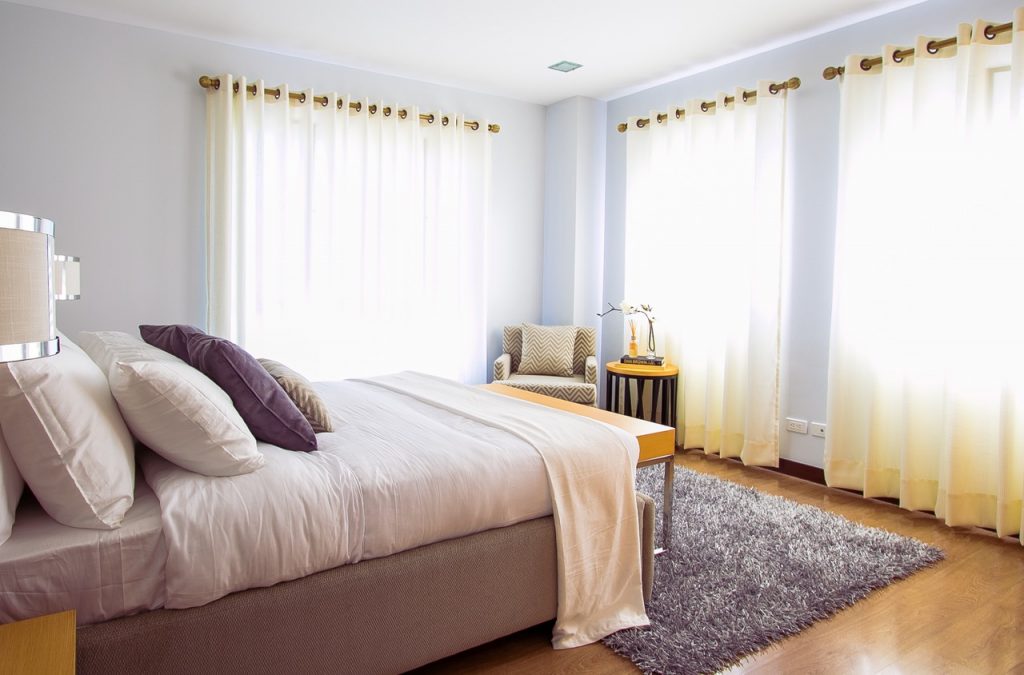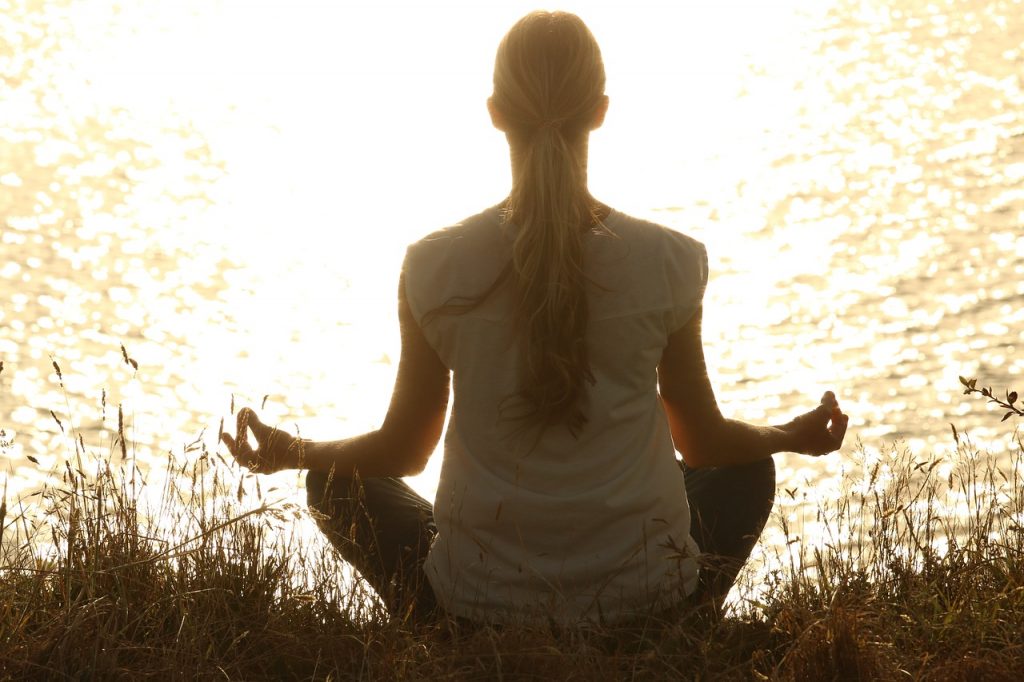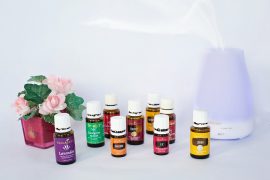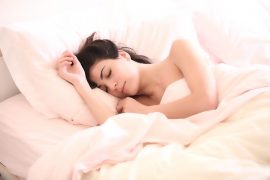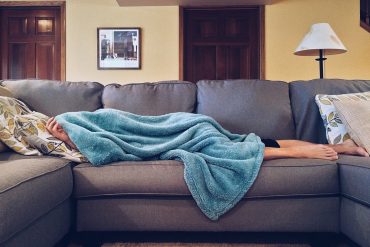Sleep plays a vital role in our well-being, it is as important as a healthy diet and exercise to our body throughout your entire lifetime. This is why healthy sleep habits can make a significant difference in the quality of your life. Weak immune system, obesity, less productivity is one of the negative effects of poor quality sleep as many studies have shown about sleep deprivation.
Now if you are one of the many sleep-deprived people or is struggling to have a good proper night’s sleep, then this would help you with your problem. Listed down below are helpful tips that prove to better your sleep at night throughout your lifetime.
Maintain a Consistent Sleep Schedule
Your body has a natural sleep-wake cycle and this is the most important sleep tip that you should always remember ̶ a consistent sleep schedule. Your body clock is regulated by the brain’s structure that helps determine the time when you fall asleep and wake up, which is why you should help your body through maintaining your sleep schedule.
Keeping a consistent sleep schedule mainly means to wake up and go to bed at the same time each day. Teenagers needs at least 8-10 hours of sleep while Adults needs 7-9 hours. In doing this, you should discipline yourself in setting up a strict schedule of your daily activities to avoid sacrificing your sleep and starts in having a consistent sleep schedule.
Daytime Bright Light Exposure
This is in-line with the sleep schedule that was tackled before this topic since our body also depends on the exposure of our body to the light for our sleep-wake cycle that tells your body when to sleep and to wake up. This is all due to the light’s controlling influence over the body which regulates the body’s clock over the 24-hour day and night.
Since natural sunlight or bright light during the day affects your sleep-wake cycle, this occurrence keeps your circadian rhythm or known as body clock healthy. A study by the Department of Psychiatry of Cornell University Medical College stated that patients with insomnia have improved their sleep quality and duration by 83%. This just shows the importance of daylight bright light exposure.
Minimize Blue Light Exposure
As much as daylight exposure benefits us, there’s also an occurrence that negates the benefit. Nighttime light exposure has the opposite effect of the day light since it affects our body clock by tricking the brain into thinking it is still daytime, which reduces the melatonin hormone that helps the body relax and get deep sleep.
The blue light is largely emitted by the electronic devices such as computers and smartphones. You can minimize blue light exposure by downloading an app to block the blue light from your phone and computer or you can just turn off any bright lights and stop using gadgets 2 hours before heading to bed.
Avoiding Caffeine
Do not fret, you really do not need to entirely stop your coffee intake, you just need to avoid consuming drinks that contains caffeine late in the day. A single dose of caffeine benefits us in a way that it can enhance focus, energy and sports performance. However, that may not be the case if you consume it late in the day.
The stimulation of your nervous system may stop your body from naturally relaxing at night. Research has shown that consuming caffeine within 6 hours before bedtime worsened sleep quality. Caffeine can stay in the blood for 6-8 hours thus, drinking coffee after 3-4 p.m. is not recommended especially if you are having trouble in sleeping.
No Drinking of Alcohol
You may think that alcohol helps you to sleep as quickly as possible but that is not true since it can negatively affect your sleep and hormones. Disrupted sleep patterns, snoring, sleep apnea, are one of the negative effects the alcohol brings. Additionally, it alters nighttime melatonin production which plays a vital role in helping the body relax and get deep sleep.
Have a Sleep-Inducing Environment
The environment that you are in affects your sleep. Notice that if there are loud noises and bright lights while you are trying to sleep makes it hard to have a deep and peaceful sleep. It is widely believed that the bedroom environment greatly affects one’s quality of sleep. This includes temperature, noise, furniture choice such as bed and pillow, and interior lights of your bedroom.
In having a sleep-inducing environment, make sure to minimize external noise and lights. Also, make sure to have a comfortable, clean, and a relaxing bedroom.
Reduce Daytime Naps
This is in accordance with tip number 1, maintaining a consistent sleep schedule. Short power naps are proven to be beneficial but might not be the same with people that are having trouble sleeping at night. Sleeping in daytime might confuse your internal body clock which may result into a struggle in sleeping at night.
Meditation Helps
Sleep equates to a calm and peaceful state. Many people practices a pre-sleep routine that helps them relax and have a clear mind for the evening, which is believed that relaxation techniques before bed improves the quality of sleep and some are used to treat insomnia.
There are many meditation guides to help you with this routine for a relaxed and clear mind. However, you can start with listening to a relaxing music, reading a book, aromatherapy, or just having deep breaths and visualization.
Take Away
Sleep is vital to an individual’s well-being and good health. Failure to have a good quality of sleep may result in negative effects on your body such as obesity, developing heart disease, and type 2 diabetes. The tips that are listed above are easy to follow and would surely improve your sleep if you stick to it and make it into a routine. However, if your difficulty in sleep does not improve through good sleep hygiene, then consult a sleep specialist.
About the author:
Nicole Evans is a freelance researcher and writer for sleep conditions and disorders. Building her online portfolio, she shares her knowledge through tip and guides on how to experience better sleep. She is also a contributor in this Counting Sheep Research which offers helpful information on the topic.


